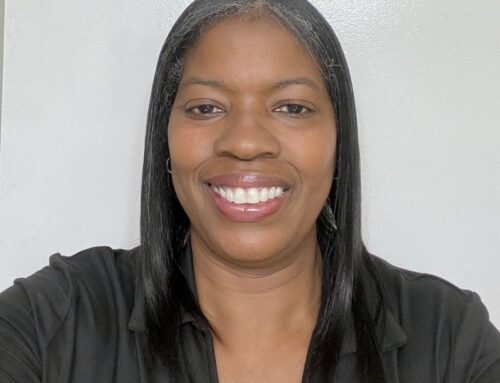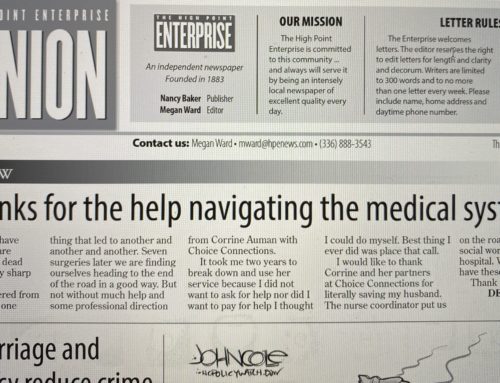Betty, 96, has to see a new doctor AGAIN. It isn’t that Betty has moved, or that she wants to change doctors. Betty’s doctors keep retiring! And the longer she keeps living, the more likely new doctors are in her future. So here she goes again, off to meet a new doctor.
Luckily for Betty’s family, she liked the new doctor. This has not always been the case.
Previous visits with new doctors have led to a list of complaints including:
The doctor…
- Didn’t listen to me
- Treated me like a child
- Wasn’t respectful to me
- Acted as though my complaints were not treatable because of my age and I should “just get used to it”
And before you dismiss these complaints as things that happen to everyone as they adjust to a new doctor, think again.
Each of these complaints are really examples of ageism, and doctors that express these beliefs, whether implicit or explicit, can dramatically impact your perennial’s well-being.
Like the rest of us, a doctor’s knowledge and attitude about aging can affect how sensitively they distinguish acute illness and chronic disease from the normal changes of aging.
And too often, they do not take the time to get to know their new perennial patient, limiting the assistance they can provide.
This change of doctors is not a trivial experience for you or your perennial. Perennials often rely upon the advice of their doctors, seeing them an average or 12 times per year. So it is important to find one who is sensitive to the issues surrounding perennials AND is someone your perennial likes!
How do you find a new doctor for your perennial?
When the time comes for a new doctor, here are some tips to make the process go smoothly:
- Ask for referrals. If the current doctor is retiring or moving away, ask them who they would recommend. Also ask family and friends who they suggest.
- Make sure the new doctor accepts your perennial’s insurance.
- Check that the doctor has the right expertise to meet your perennial’s needs. If he or she has specific health conditions, make sure the new doctor will have the right knowledge to address these concerns.
- Think about logistics. There may be a doctor your neighbor loves, but if the office is on the other side of town and difficult to get to, it may not be the right fit.
- Have a final briefing with the current doctor. Make sure all prescriptions have refills and that current issues have been addressed.
- Ask for copies of your perennial’s medical records. It is a good idea to have a copy sent to the new doctor, and to keep a copy for your records. Some offices charge for copies of records, so be prepared for that expense.
- Make a first appointment with the new doctor when it isn’t an emergency. This will give your perennial a chance to chat and start to establish a relationship. Take a list of any questions.
As you move through this process, remember that changing doctors can be a heart-wrenching process for your perennial.
Over the years, they have developed deep and meaningful bonds with their care providers, and they will be sad to see this relationship end.
Make the transition easier by being proactive so that there will be fewer concerns about the change and you will maintain your perennial’s quality of care.




